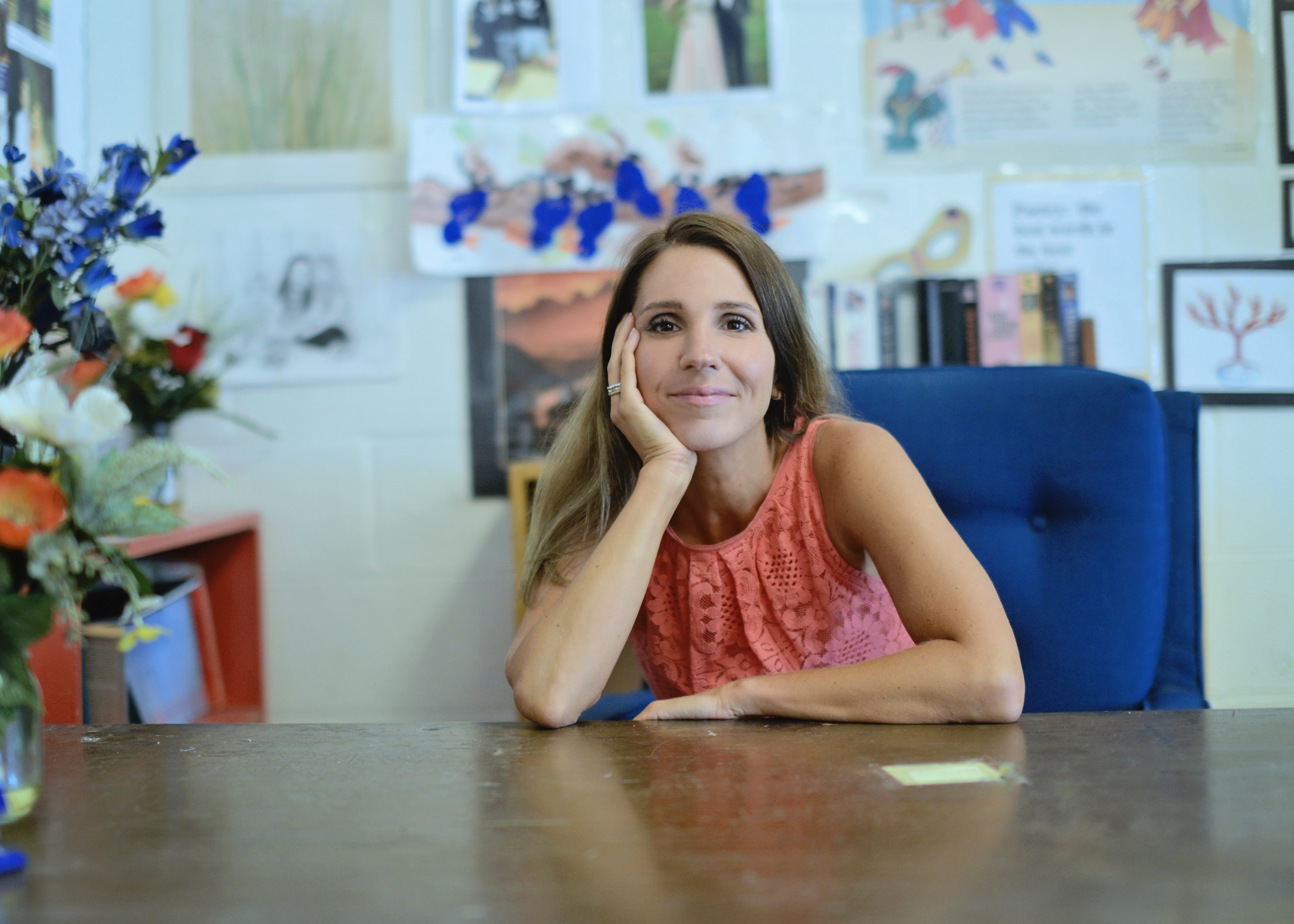I’m living in an ant graveyard. When I wake and make coffee, I see the bodies on the linoleum floor piled up from the night before. As I lounge in the laundry room with a good book, their carnage surrounds me. Attempting to seek shelter in the bathroom is futile.
Everywhere I look, I cannot escape the detritus of decaying ants.
Why, you might ask, am I living like this?
It’s a good question, and I’m not sure I have an easy answer for you, but let me try to explain what I find so fascinating about ant death.
First, ants bury their dead. Surprised? Me too. I thought humans were the only creatures that spent time with their deceased, but this is simply not so. Elephants, dolphins, even chimpanzees (our closest primates) all mimic the social behaviors of humans when it comes to mourning their dead.
And I can buy that.
I buy that elephants hold trunks with other elephants and sing an elephant “Kumbaya” over the fallen body. I can hear adult dolphins as they send out their high-pitched “Click, clack, blat,” into the deep, refusing to swim away. I can see a mother chimpanzee continuing to groom her child, woefully carrying its lifeless form around on her back until it’s no longer recognizable.
You know what I can’t believe? I cannot fathom how an ant, a creature that is literally 2,000 times smaller than we are, can carry another ant on its back to dispose of its body.
I’ve watched it, the sad death march across my kitchen, laundry room, and lavatory. I’ve seen how the ant sniffs around the corpse, detecting death, and then how it begins to make a slow, methodical procession back to the ant cemetery. And it blows my mind.
Why do they do this? Duty? Grief? Ant solidarity?
Apparently, it’s biology. As ants decompose they give off oleic acid, which to other ants is the smell of death. After two days of decomposing, the whiff of death on the air tells the other ants back at the ant ranch it is time to form a search party; that is why there are so many more ant cowboys out climbing the crevices of our homes once one ant has fallen.
When they come across the body, they instantly take it to a dead pile (literally a pile of dead ants) outside of their nest. Why? So they can save their queen, of course. This is self-preservation at its finest. Who wants death in their home? It’s in ants’ hard-wiring to save themselves from contamination, and death is the ultimate contaminant.
It comes to us all.
So, why do I watch this, right? Why not just take a tissue and wipe up the remainder of these fallen ant colonies and be done with it?
Well, because, I’m sad. I’m sad for them. I’m sad that it’s come to this. That all of life ends in a pile of heads, thoraxes, and abdomens, of exoskeletons, mandibles, and dorsal aortas. Do they feel pain? Do they suffer? Did they even know they were alive?
I don’t take out my cell phone and set their death march to music or anything. I don’t play “Amazing Grace” on my recorder or make a slideshow of all the mighty ants I’ve seen carry their comrades under my stove. Honestly, I’ve thought about it, but how morbid is that? And who, besides my children in their infinite patience for my weirdness, would ever want to see such footage?
No one.
It just upsets me that these ants are better at protecting themselves from death than we are, mammals, who are also hardwired for survival with 10 million working brain cells as opposed to a miniscule 250,000. How is it that we humans, who have all of science and technology at our fingertips, are living in a world where we cannot contain contagion?
How could we find out about the Coronavirus in January and still be battling to defeat it in July? How could the outbreak that began in Wuhan, China in December sicken more than 10.3 million people worldwide, leaving over 500,000 dead in its wake? And as a U.S. citizen, how come 129,000 of those half-million casualties belong to us?
What are we doing wrong?
Perhaps we’ve forgotten the science. This pandemic is not political. It’s not about whether your heart bleeds blue or red. It’s not about which side of the party line we stand on when we’re saluting the flag or who we’re going to vote for. Whether we think that wearing a mask in public is necessary or not, whether we observe social distance guidelines or flout them, WE ARE THE REASON WHY THIS BATTLE AGAINST DEATH RAGES ON.
As crucial as it is to avoid anthropomorphising animals, it’s equally crucial to remember that we are, in fact, animals. How can we justify further exposing our kind to death by refusing to acknowledge the nature of this disease? We are the superspreaders, and if we want to stay alive and keep those we love safe, then we have to go into survival mode. We have to be like the ants and decontaminate ourselves, our homes, our places of business, and our institutions and learn from the slow death march we’ve watched tick up across our screens.
We are not so different from the elephant standing guard, the dolphins circling their young, the mother chimpanzee painstakingly removing parasites from her infant’s head, or the ants carrying off their remains to the cemetery.
We are all trying to understand and avoid death.


